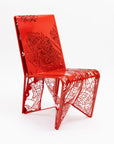
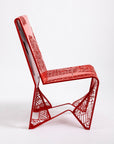
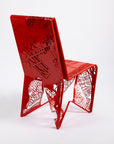
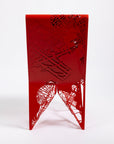
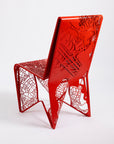
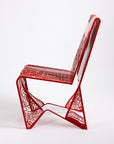
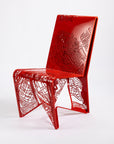
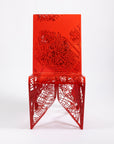
Aluminum Chair, Boston - Designer Series
If you select custom color, a designer will reach out to work with you. You can browse more color options here.
Pre-production model shown in Traffic Red.
The Atlas Obscured Collection Aluminum Chair consists of four layers of laser-cut maps. The aluminum frames and layers are meticulously heated and hand bent over steel forms to achieve a consistent geometry. The chair is then powder-coated and reinforced with machined stainless-steel brackets.
Material: Aluminum
Dimensions: 25¼in L x 18in W x 36¾in H
Weight: 26.8lbs
Map Scale: 1in = 500ft
Lead Time: Up to 2 Months
Designer Series Aluminum Chairs are made to order utilizing thoughtfully curated maps and narratives. Each piece is made with intention and care. As such, production timelines may be subject to minor adjustments in rare cases. Please allow additional time for shipping.
Made From Four Layers of Historical Maps
OCCUPYING OVER 390 YEARS OF BOSTON HISTORY
Top Layer
2023
Boston stands as a global leader in education, research, and technological innovation. Prestigious institutions like Harvard and MIT drive advancements in biotechnology, artificial intelligence, and healthcare. A diversified economy spanning finance, technology, and medicine anchors the city’s growth.
The Seaport District emerges as a hub of innovation, attracting investment and development. Urban planning initiatives emphasize sustainability, expanding public transit and creating green spaces. Challenges such as housing affordability and climate resilience remain central to policy efforts. Cultural and historical preservation blend seamlessly with modern infrastructure. Boston continues evolving, reinforcing its reputation as a resilient and forward-thinking metropolis.
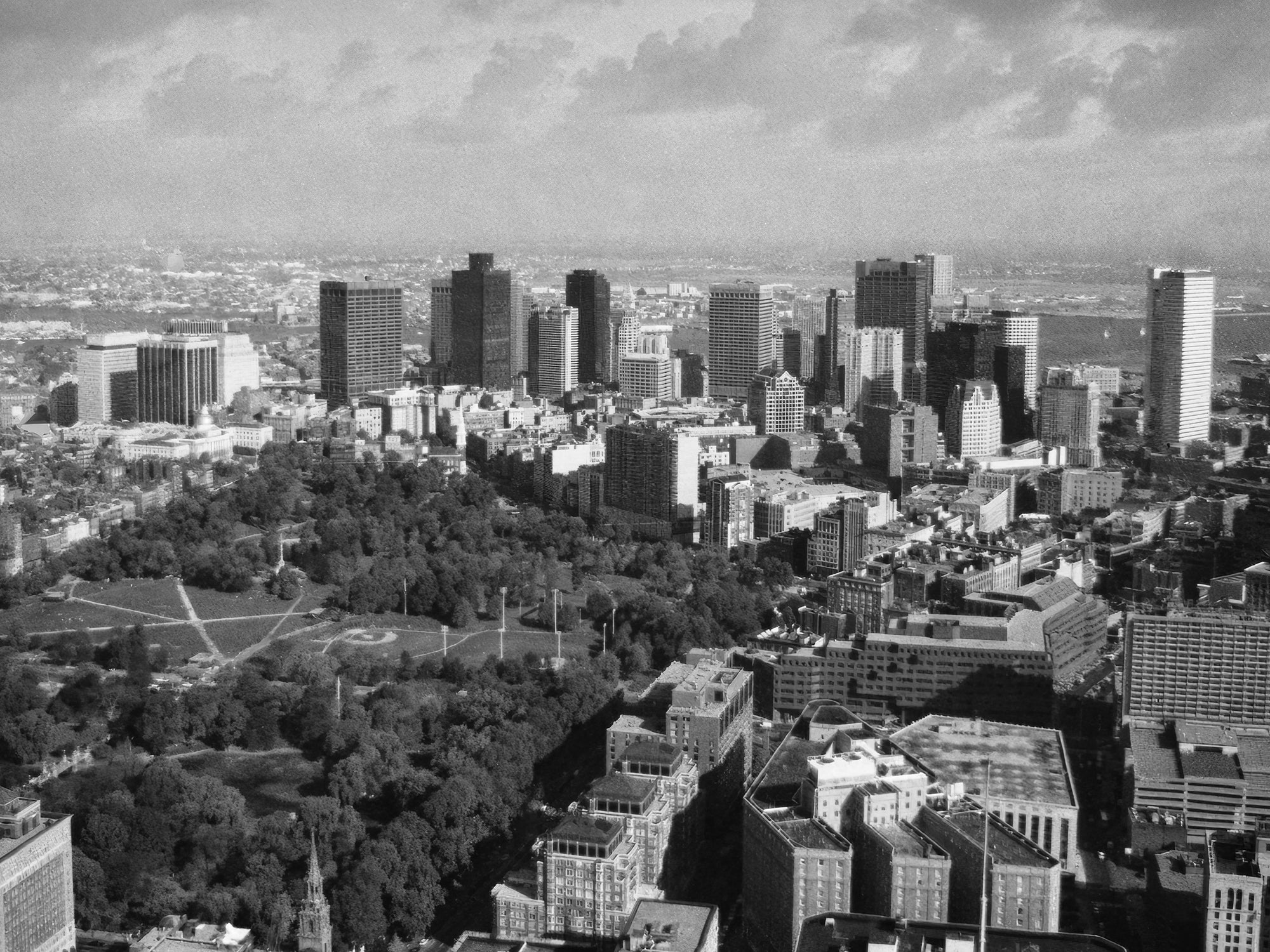
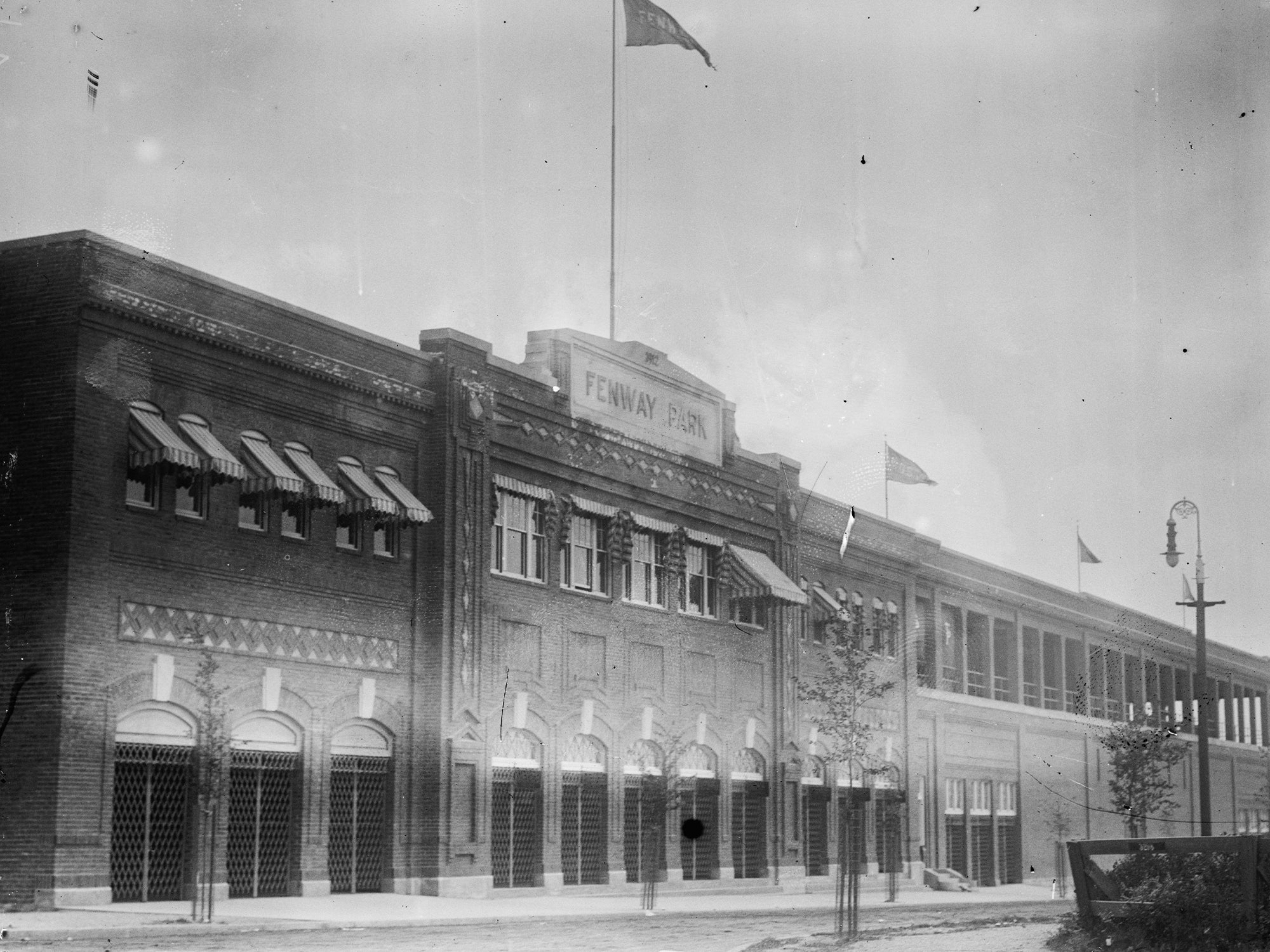
Second Layer
1912
Boston is a bustling industrial city undergoing rapid modernization and urban expansion. Iconic landmarks like Fenway Park are built during a period marked by increasing immigration, industrialization, and evolving transportation with streetcars and automobiles.
The city’s economy is powered by manufacturing, shipping, and finance, with diverse immigrant communities fueling its labor force. Despite social divisions along ethnic and class lines, sports and civic pride serve as unifying forces. Boston’s blend of tradition and modernity during this era lay a solid foundation for its evolving identity.
Third Layer
1770
Boston stands at the heart of rising tensions between American colonists and British authorities. Thriving in commerce and political activism, the city is sharply divided between loyalists and revolutionaries. British troops stationed in Boston enforce unpopular taxes, fueling resentment among residents. Violent clashes erupt, culminating in the Boston Massacre, a turning point in anti-British sentiment. Revolutionary figures like Paul Revere and Samuel Adams amplify resistance, spreading calls for independence. Protests intensify, leading to acts of defiance like the Boston Tea Party in 1773.
As opposition grows, Boston solidifies its role as a center of revolutionary thought. The city moves closer to becoming a flashpoint in the fight for independence.
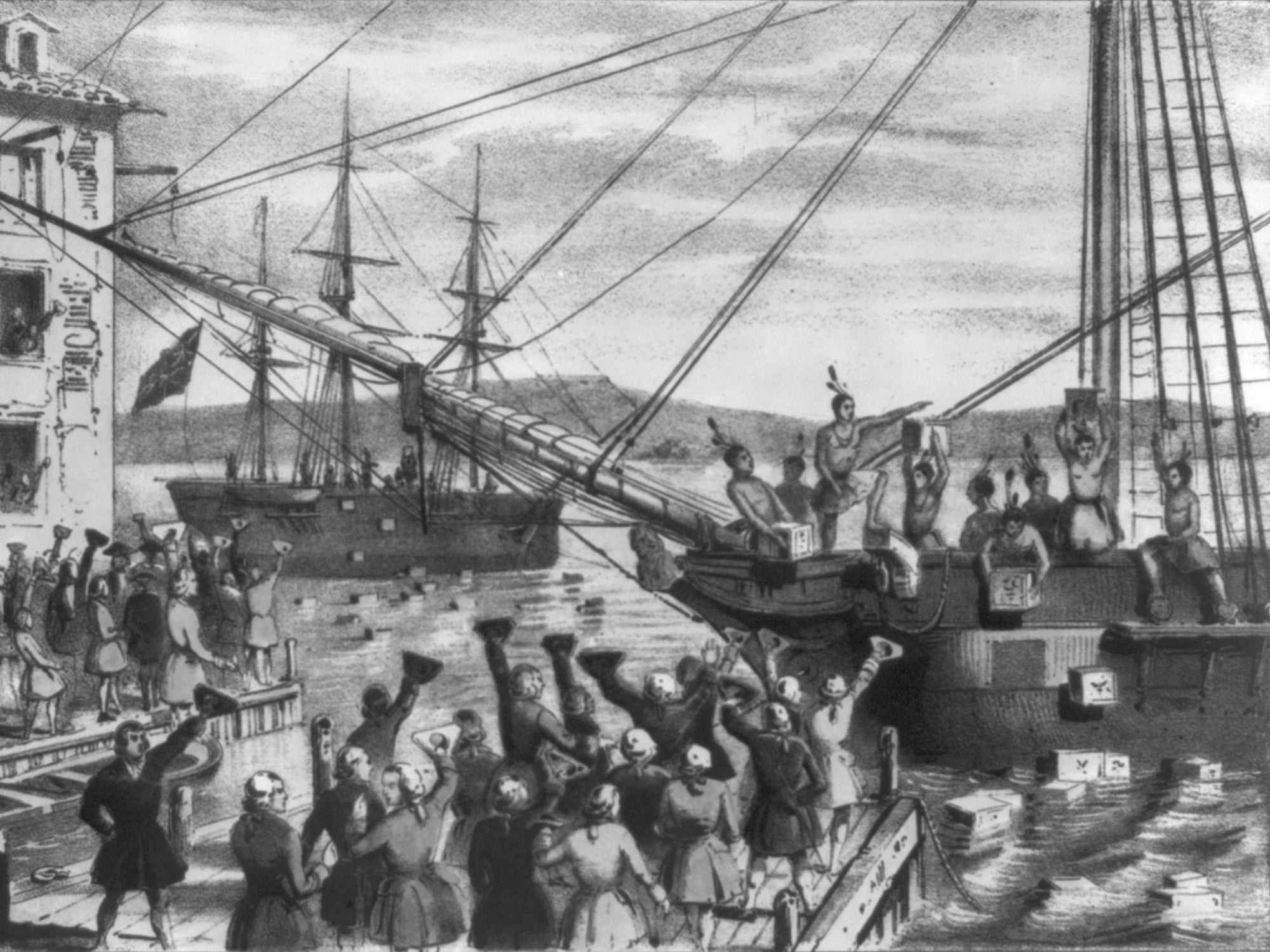
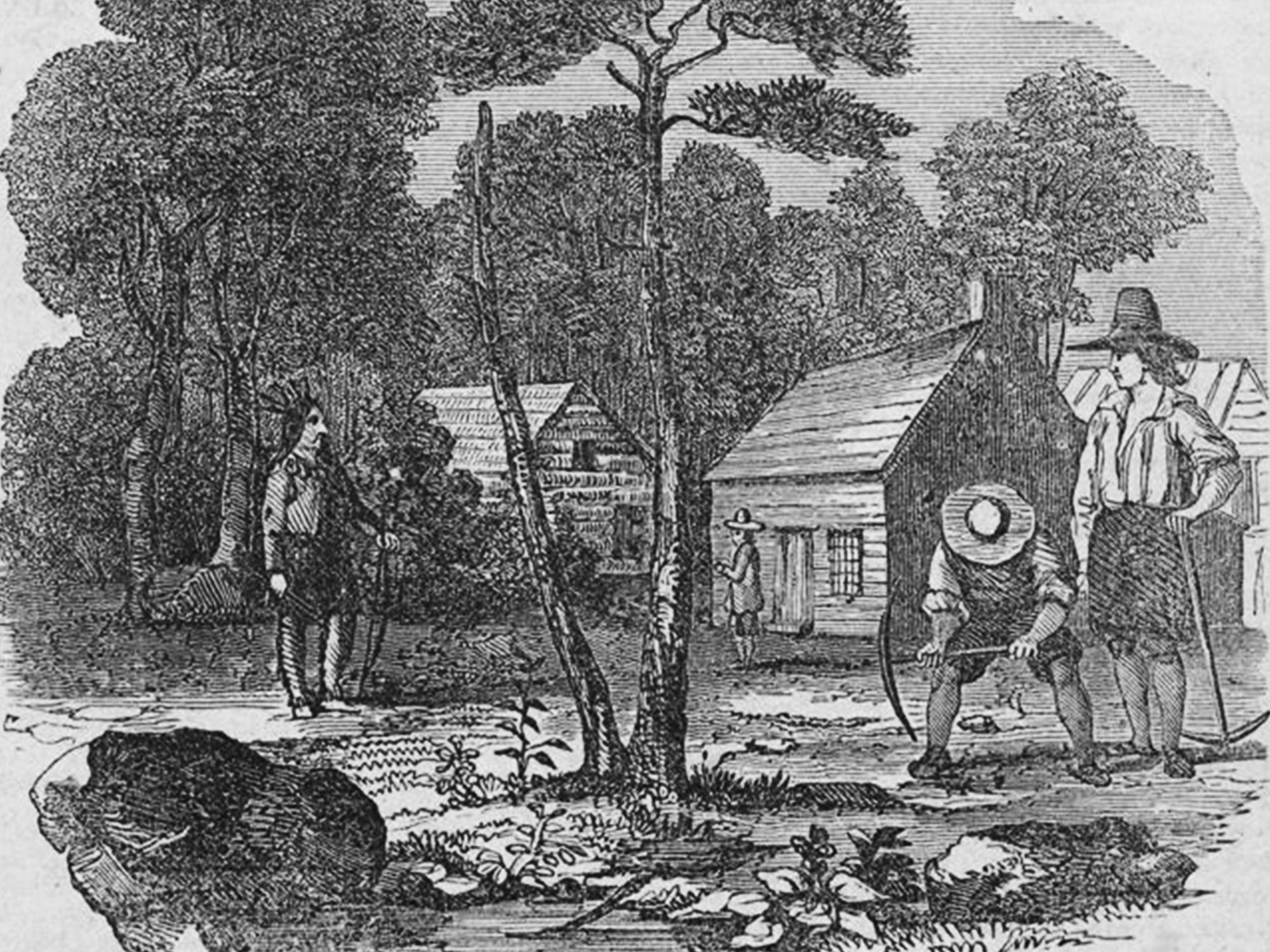
Bottom Layer
1630
Puritan settlers led by John Winthrop establish Boston as a key settlement in the Massachusetts Bay Colony. A natural harbor provides essential maritime access, supporting fishing and trade as the city’s economic backbone.
Strict Puritan governance influences daily life, shaping laws, education, and social customs. Timber houses, meetinghouses, and early public buildings emerge as the settlement grows. Despite the colony’s rocky soil, agriculture supplements trade, ensuring food security. Religious doctrine enforces a communal and disciplined social order, reinforcing the settlers’ vision of a "city upon a hill." Tensions with Indigenous peoples arise as colonists expand their territory.
Boston lays the foundation for its future as a major colonial center.
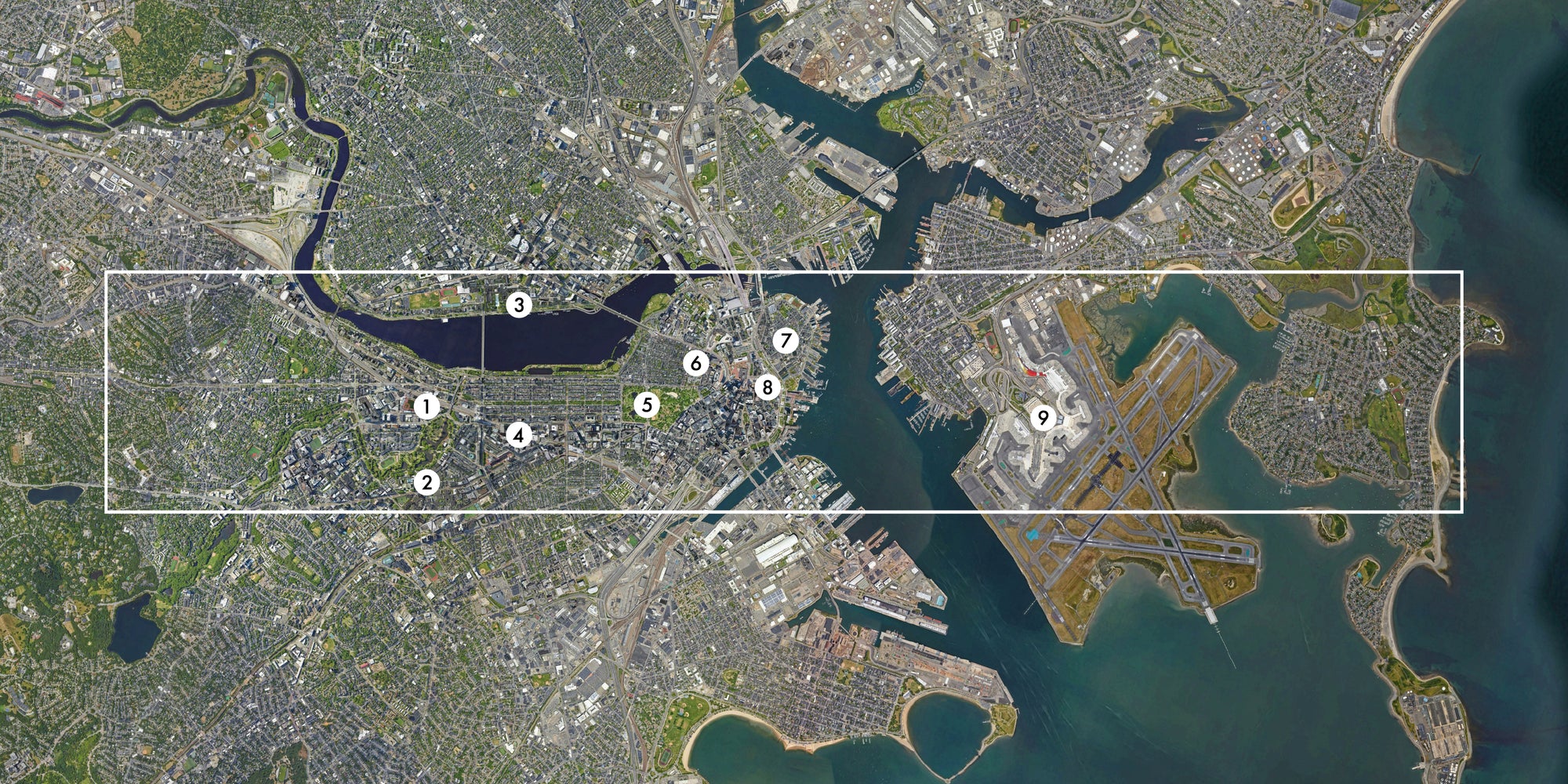
MAP LOCATION
1. Fenway Park
2. Museum of Fine Arts, Boston
3. Massachusetts Institute of Technology
4. Prudential Center
5. Public Garden + Boston Common
6. Massachusetts State House
7. North End
8. Faneuil Hall
9. Boston Logan International Airport










